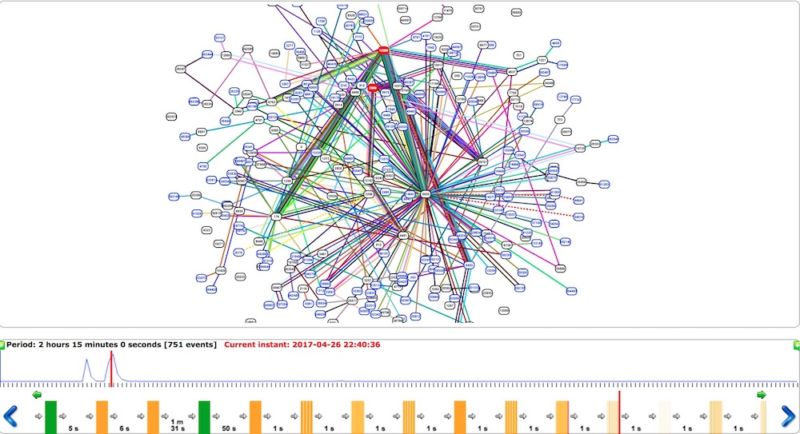
Enlarge / A map that visualizes network changes being announced by Rostelecom. (credit: BGPmon)
On Wednesday, large chunks of network traffic belonging to MasterCard, Visa, and more than two dozen other financial services companies were briefly routed through a Russian government-controlled telecom under unexplained circumstances that renew lingering questions about the trust and reliability of some of the most sensitive Internet communications.
Anomalies in the border gateway protocol—which routes large-scale amounts of traffic among Internet backbones, ISPs, and other large networks—are common and usually the result of human error. While it’s possible Wednesday’s five- to seven-minute hijack of 36 large network blocks may also have been inadvertent, the high concentration of technology and financial services companies affected made the incident “curious” to engineers at network monitoring service BGPmon. What’s more, the way some of the affected networks were redirected indicated their underlying prefixes had been manually inserted into BGP tables, most likely by someone at Rostelecom, the Russian government-controlled telecom that improperly announced ownership of the blocks.
“Quite suspicious”
“I would classify this as quite suspicious,” Doug Madory, director of Internet analysis at network management firm Dyn, told Ars. “Typically accidental leaks appear more voluminous and indiscriminate. This would appear to be targeted to financial institutions. A typical cause of these errors [is] in some sort of internal traffic engineering, but it would seem strange that someone would limit their traffic engineering to mostly financial networks.”